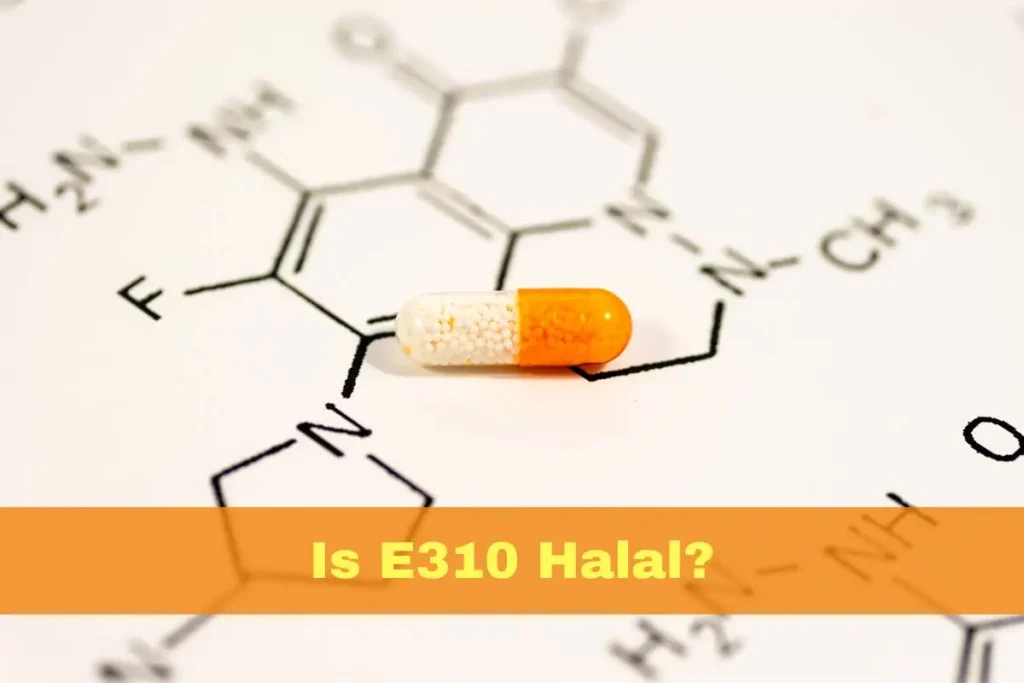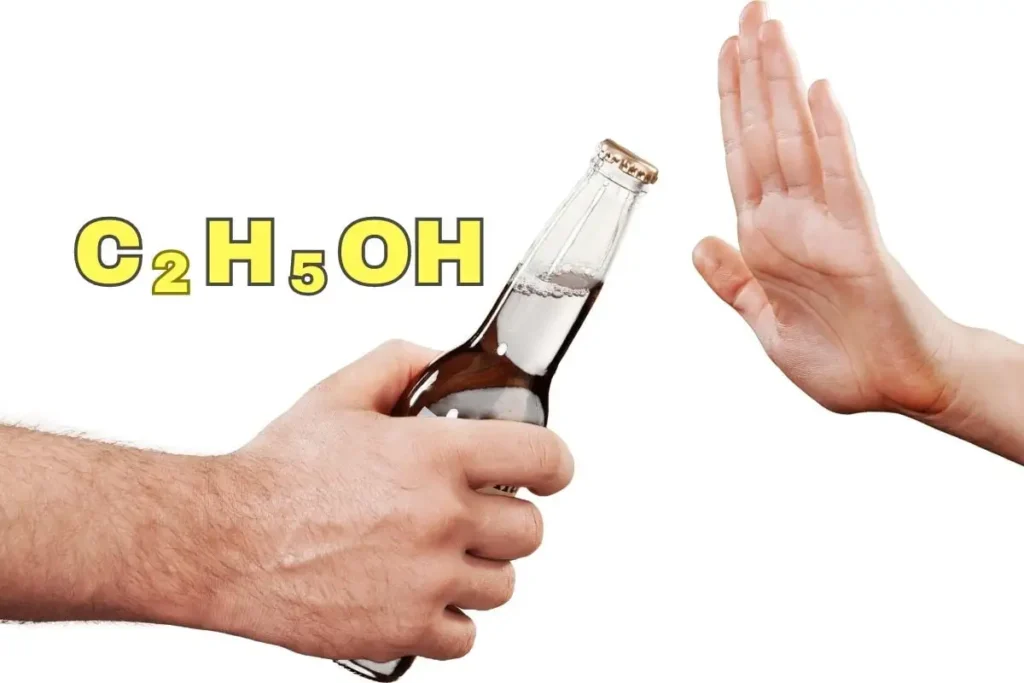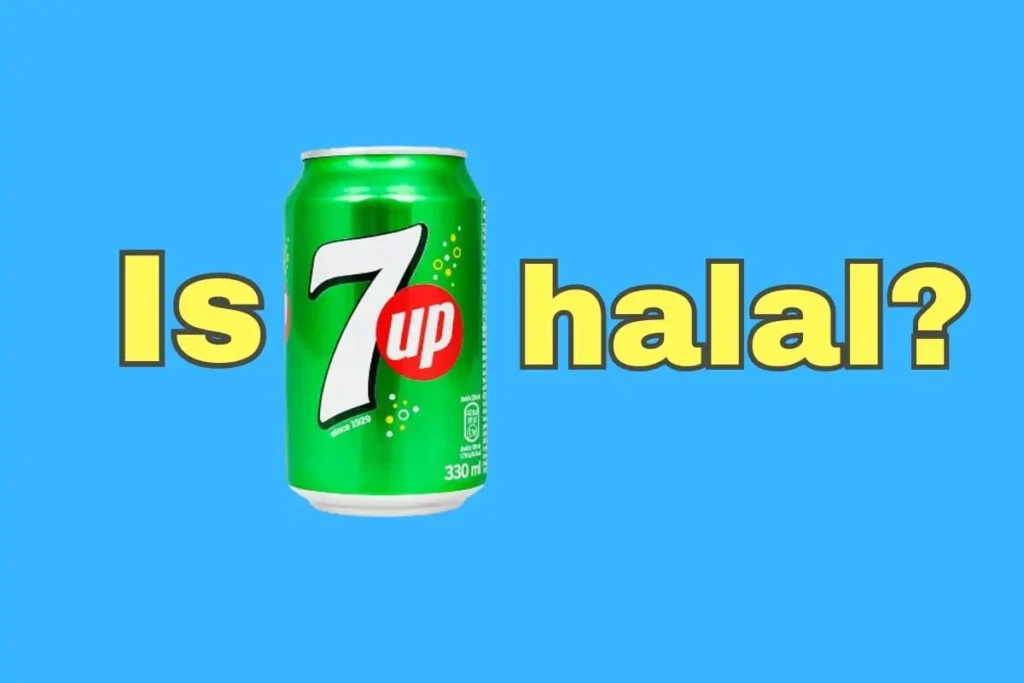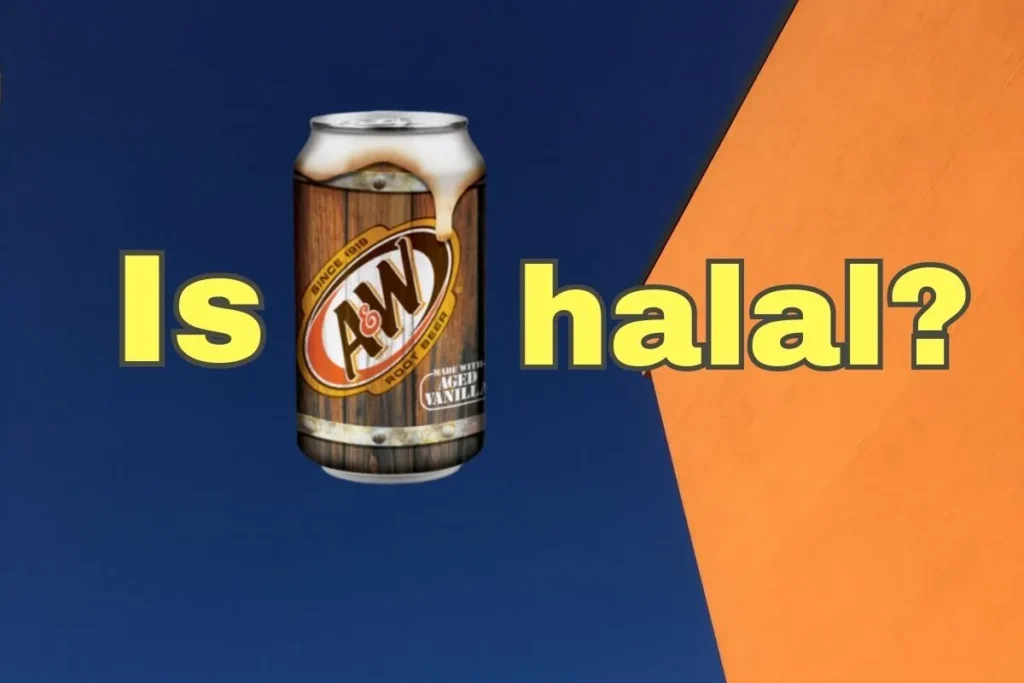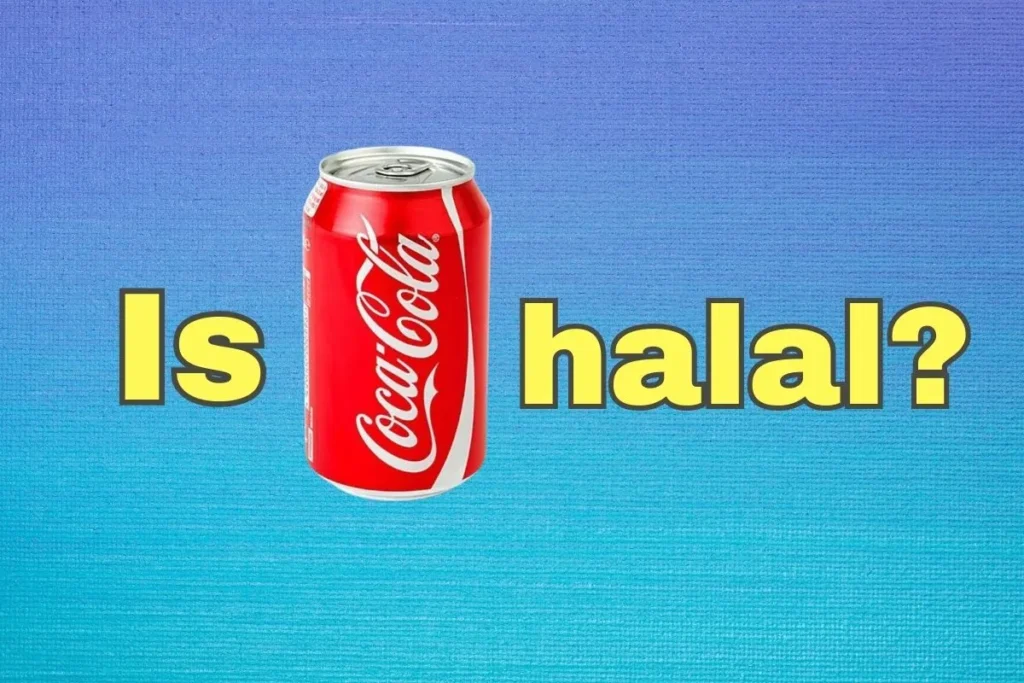Ever glanced at a food label and spotted E310? You’re not alone in wondering about its origins and, more importantly, its Halal status. In this article, we’ll unravel the mystery behind E310, shedding light on its composition and whether it aligns with Halal dietary guidelines.
Key Takeaways
| 📌 E310 – The Antioxidant Guardian: E310, or Propyl Gallate, is a food additive used to protect oils and fats from going bad. It’s like a superhero that fights off the villains of oxidation, keeping your food fresh. |
| 📌 Chemical Composition: E310 is made by combining gallic acid and propanol, creating a protective shield against harmful compounds like hydrogen peroxide and oxygen radicals. |
| 📌 Halal Status: E310 is considered halal because it doesn’t originate from prohibited sources, ensuring it aligns with Islamic dietary guidelines. |
What is E310?
E310, also known as Propyl gallate, is an ester formed by the condensation of gallic acid and propanol. Since 1948, this antioxidant has been added to foods containing oils and fats to prevent oxidation.
As a food additive, it’s recognized under the E number E310. It’s primarily used to protect oils and fats in products from oxidation, and you can find it in various foods, cosmetics, hair products, adhesives, and lubricants.
Chemical Structure
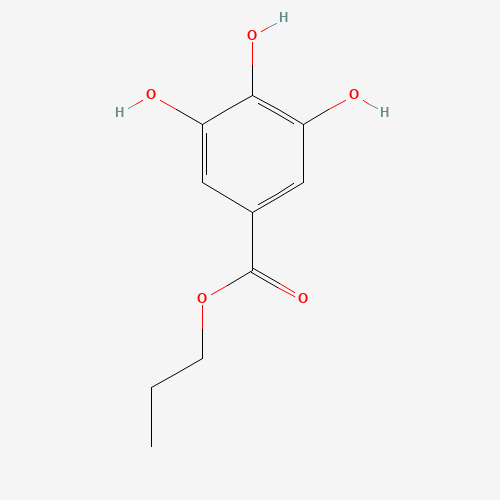
The chemical name for E310 is Propyl 3,4,5-trihydroxybenzoate. It has a chemical formula of C10H12O5 and a molar mass of 212.20 g/mol. In its pure form, E310 appears as a white crystalline powder.
What Is E310 Made From?
E310 is an ester that results from the condensation of gallic acid and propanol. It’s an antioxidant that protects against oxidation by hydrogen peroxide and oxygen free radicals.
So, what’s behind this code? It’s an ester, a result of a beautiful chemical dance between gallic acid and propanol. Imagine these two components coming together, merging their properties, and voilà! We get E310.
Now, why is E310 so special? Well, it’s not just any compound; it’s a superhero in the world of food. Acting as an antioxidant, E310 bravely shields our foods from the harmful effects of oxidation.
Think of those pesky villains, hydrogen peroxide and oxygen-free radicals, always lurking around, waiting to spoil our food. But with E310 on guard, they don’t stand a chance! It’s like having a personal bodyguard for your snacks, ensuring they stay fresh and tasty.
| Component | Role |
|---|---|
| Gallic Acid | Parent compound, provides the antioxidant base |
| Propanol | Joins with gallic acid to form the ester |
| Hydrogen Peroxide | Oxidizing agent E310 protects against |
| Oxygen Free Radicals | Another oxidizing agent kept at bay by E310 |
So, the next time you spot E310 on a label, give a nod of appreciation. It’s working hard to keep your food at its best!
Possible Side Effects
While E310 has been used as a food additive for many years, it’s always essential to be aware of any potential side effects. Clinical tests have shown that Propyl Gallate is not a skin irritant, but it can be a skin sensitizer at concentrations less than 1%. Despite its increased use in cosmetics over the past 20 years, there have been no reported sensitization reactions.
Regulations and Guidelines
Propyl gallate has been assessed for its safety in various studies. One such study titled “Final Report on the Amended Safety Assessment of Propyl Gallate” published in the International Journal of Toxicology in 2007 provides an in-depth analysis of its safety profile.
Dosage and Administration
The dosage and administration of E310 vary depending on its intended use. The European Food Safety Authority (EFSA) has concluded that propyl gallate is not of safety concern at the levels used in food.
Is E310 Halal or Haram?
E310 is classified within the halal category because it does not originate from haram animals or animals not slaughtered according to Sharia guidelines. E310 is primarily produced from gallic acid present in the tannins of nuts. It can also be a byproduct of tannase hydrolysis, which can happen in spent mushroom broth.
Find out more:
Is E309 Halal or Haram?
Is E311 Halal or Haram?
Conclusion
In the world of food, where labels and ingredients can be mysterious, E310, the guardian of freshness, stands as a testament to science’s ingenuity. This antioxidant, Propyl Gallate, is the shield that defends your oils and fats from the clutches of spoilage.
It’s a culinary sentinel, ensuring your snacks remain delicious. In the realm of dietary choices, E310 joins the halal brigade, reassuring those who adhere to Islamic dietary guidelines.
So, the next time you encounter E310, remember that behind this mysterious code lies a noble protector of flavor. As you savor your food, rest assured that E310 is on your side, ensuring your culinary journey remains delightful.
Allahu A’lam (Allah Knows Best)
FAQ
What is the source of E310?
E310, Propyl gallate, is derived from the condensation of gallic acid and propanol.
Is E310 safe for consumption?
Yes, E310 has been used as a food additive since 1948 and is generally considered safe. However, always consume within recommended dosages.
What are some common food products that contain E310?
E310 is found in various foods, cosmetics, hair products, adhesives, and lubricants.
What is the CAS number of E310?
The CAS number of E310 is 121-79-9.
Is E310 banned in any country?
There’s no widespread ban on E310. However, always check local regulations and guidelines before consumption.
- Is Pop Tarts Halal? What You Need to Know - February 18, 2024
- Are Graham Crackers Halal in Islam? - January 19, 2024
- Is Keebler Wheatables Halal? - January 18, 2024

